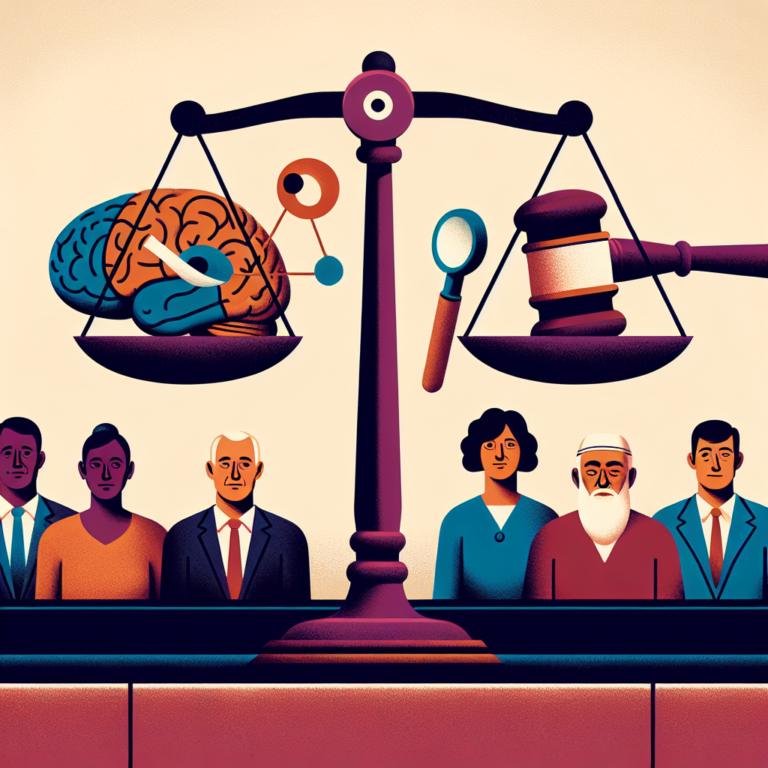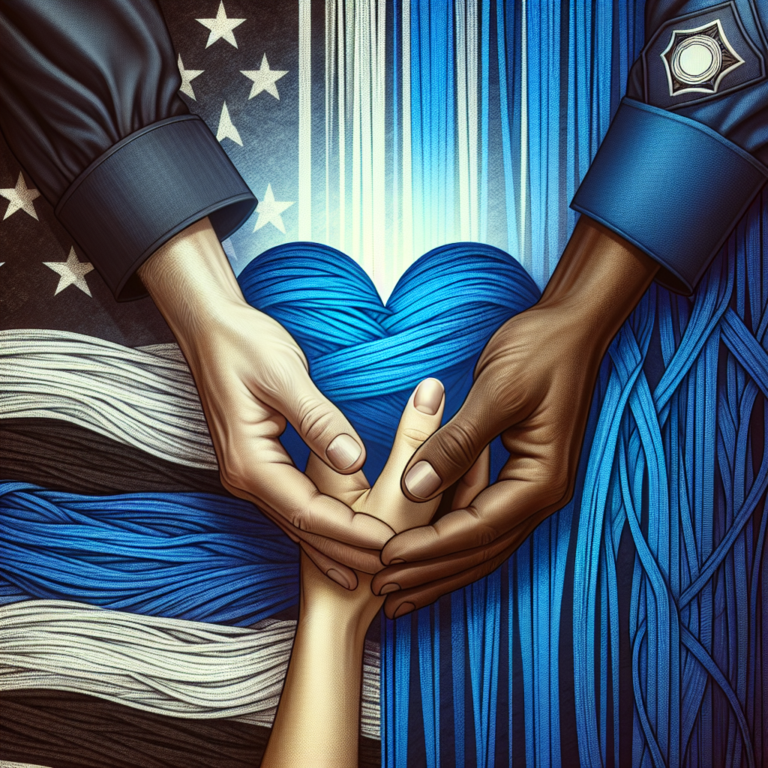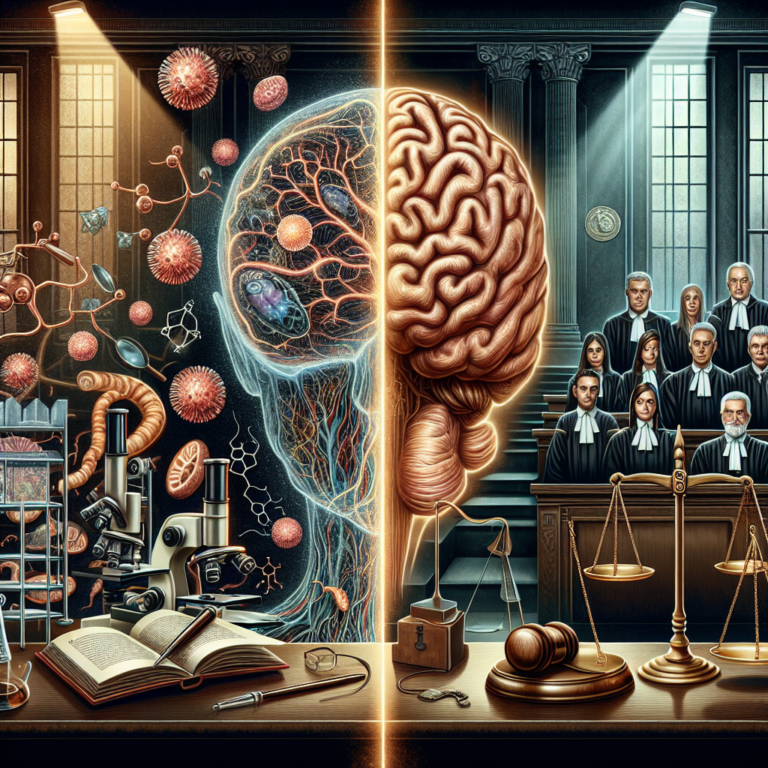
Introduction
The courtroom is a solemn space where truth and justice must prevail. When the stakes involve children, this responsibility amplifies significantly. Child witnesses in court are often thrust into a world that they barely understand, and their testimony can be pivotal in the outcome of legal proceedings. But how do we balance the innocence of a child with the need for accuracy in their testimonies? The challenge of ensuring that child witnesses provide reliable accounts while safeguarding their emotional and psychological well-being is a complex interplay. This article will explore the nuances of child witnesses in court, balancing their innocence with the demand for accuracy.
The Role of Child Witnesses in Court
Why Child Testimonies Matter
Child witnesses can provide invaluable insights, particularly in cases involving abuse or neglect. Their unique perspectives often unveil truths that adults may overlook or misconstrue. For instance, in child custody disputes, children may offer nuances about their living conditions that can impact decisions about their future.
Case Study: The McMartin Preschool Trial
The infamous McMartin Preschool trial exemplified the complexities surrounding child witnesses. Allegations of abuse led to the testimonies of several children, which were later found to be influenced by suggestive questioning. This case serves as a reminder that while children’s voices are paramount, they must be heard in an environment that fosters accuracy rather than distortion.
Challenges Faced by Child Witnesses
The judicial process can be intimidating, even for adults. For children, the pressure can be overwhelming. Factors such as age, maturity level, and comprehension can influence the accuracy of their testimonies.
- Stress and Anxiety: Testifying in a courtroom can induce stress that might impair a child’s ability to recount events accurately.
- Suggestibility: Children are more susceptible to leading questions, which can distort their memories.
- Emotional Support: Many children lack the emotional support needed to navigate the complexities of the court system, leading to heightened anxiety.
The Legal Framework: Protecting Child Witnesses
Testimonial Protections
Several jurisdictions have implemented laws to safeguard child witnesses. These laws aim to create an environment where children can testify without intimidation, including:
- Closed-circuit television: Allowing children to testify from a separate room, minimizing direct exposure to defendants.
- Support persons: Permitting a caregiver or counselor to accompany a child during testimony can provide emotional security.
Legal Standards Regarding Child Witnesses
Courts often have to determine the competency of child witnesses. Establishing whether a child can understand the oath and the duty to tell the truth is critical. Courts frequently rely on expert testimonies from psychologists to assess competency.
| Age Group | Typical Competency Standard |
|---|---|
| Under 5 | Generally considered incompetent |
| 5-7 | May be competent but requires further assessment |
| 8-12 | Usually competent, but varies significantly |
| 13+ | Generally presumed competent |
Variance in Jurisdictional Laws
Laws protecting child witnesses vary by jurisdiction, reflecting societal attitudes towards children in legal contexts. Some areas have more robust protections, while others lack comprehensive measures.
Techniques to Enhance Accuracy
Best Practices for Questioning Child Witnesses
Interview techniques designed for children must prioritize clarity and simplicity. Utilizing open-ended questions and avoiding leading inquiries can significantly enhance the accuracy of testimonies.
- Narrative Techniques: Encouraging children to tell their story in their own words can yield more reliable information.
- Neutral Language: Using age-appropriate vocabulary helps ensure that children understand questions without feeling pressured.
Case Study: The Child Advocacy Center Model
The Child Advocacy Center (CAC) model provides a structured approach to interviewing child witnesses. By utilizing trained professionals, CACs can better facilitate accurate testimonies while ensuring the emotional safety of the child. This model has shown to produce more reliable testimonies, thereby enhancing the overall judicial process.
The Role of Psychological Support
Psychological support is crucial in preparing child witnesses for court. Therapy or counseling can help children process their experiences and reduce anxiety related to testifying. Implementing pre-testimony support not only aids in emotional stabilization but can also improve testimonial accuracy.
Balancing Innocence with Judicial Integrity
The Ethical Considerations
When dealing with child witnesses, legal professionals must navigate ethical dilemmas. On one hand, the need for accurate testimonies is paramount; on the other, the potential for trauma and emotional harm looms large.
- Informed Consent: Although children cannot legally provide informed consent, caregivers should be included in discussions about the child’s participation in the legal process.
- Minimizing Harm: Legal teams must prioritize strategies that mitigate trauma, such as using child-friendly language and reducing the intimidation of the courtroom environment.
The Importance of Familiarity
One effective method to ease the stress of testifying is familiarizing child witnesses with the courtroom environment prior to the actual testimony. Conducting mock interviews in a similar setting helps children understand what to expect, significantly lowering anxiety levels.
Evaluating the Impact of Child Witness Testimonies
Long-term Effects on Child Witnesses
Research indicates that the experience of testifying can have lasting psychological effects on children. Such impacts may include anxiety, post-traumatic stress, or feelings of betrayal. Balancing the importance of their testimony with psychological support is crucial.
Case Study: The Impact on Victims of Sexual Abuse
In cases involving sexual abuse, testimonies from child victims can be instrumental in bringing justice. However, the aftermath of testifying might lead to feelings of guilt or distress. Comprehensive support systems must be in place to assist children in understanding their experiences and feelings.
The Societal Perspective
Public perception plays a vital role in how courts handle cases involving child witnesses. Society’s growing awareness around the vulnerabilities of child witnesses prompts legal reforms and a push for more empathetic practices in the courtroom.
Conclusion: Moving Towards a Better Future
Balancing the innocence of child witnesses with the need for accurate testimonies is an ongoing challenge in the legal system. However, with the proper methodologies, supportive environments, and legal protections, the scale can tilt towards justice while ensuring the emotional safety of children. Future reforms should emphasize training for legal professionals and the implementation of child-centric practices, enhancing the integrity of child testimonies in court.
FAQs Section
1. What legal protections exist for child witnesses?
Various laws exist, including closed-circuit testimonies and support persons, aimed at minimizing court intimidation.
2. How can we ensure the accuracy of a child’s testimony?
Utilizing age-appropriate questioning techniques, reducing leading questions, and employing narrative approaches can bolster accuracy.
3. Is there a recommended age for child witnesses?
While children as young as five can testify, their competency is highly dependent on individual circumstances and should be evaluated on a case-by-case basis.
4. What psychological support is recommended for child witnesses?
Therapy or counseling before and after the testimony can help children cope with the stress and emotional repercussions of the judicial process.
5. How can courts better prepare child witnesses?
Familiarizing children with the courtroom setting and providing mock interviews can significantly reduce anxiety levels on the day of testimony.
Child witnesses in court represent both a challenge and an opportunity for the justice system. By focusing on balancing their innocence with the pursuit of accuracy, we can create a system that honors their voices while safeguarding their emotional well-being, ultimately ensuring that justice is served.















